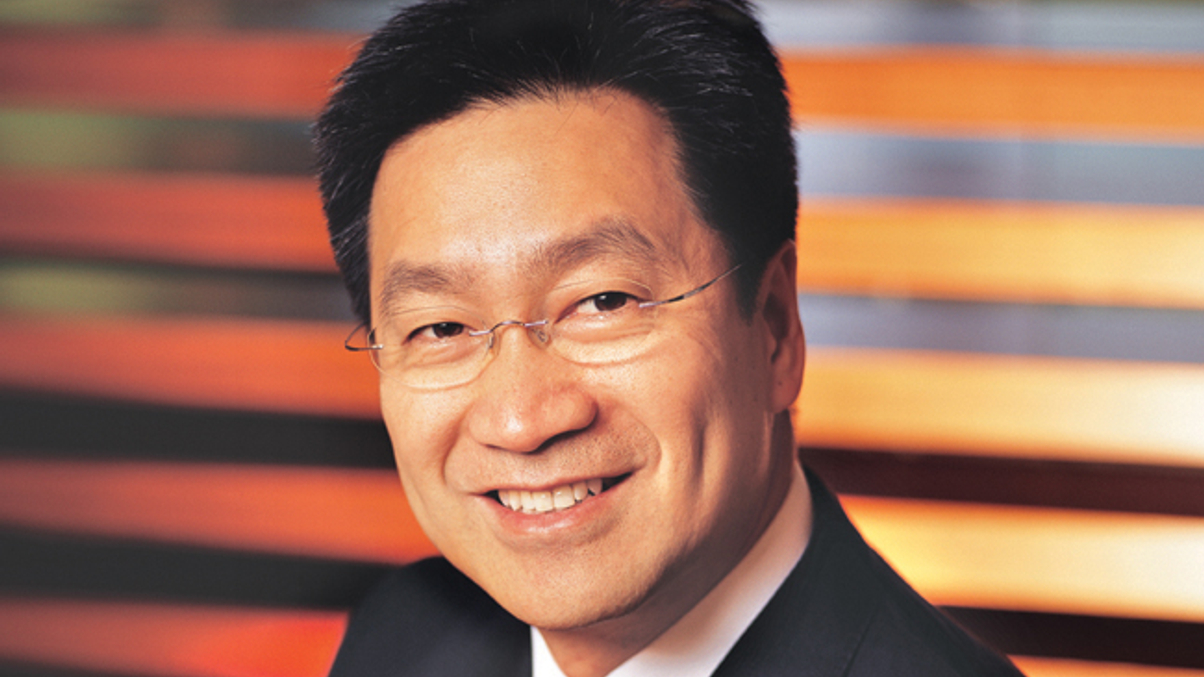Kaven Leung outlines strategy shift at Julius Baer
He says private banks will win the race for Asia's wealth and explains how he intends to go about it. He talks about his time at Goldman, and what asset managers must do.

Private banks will likely win out over commercial banks, investment banks and asset managers in the race to tap Asia’s wealth pool, believes Kaven Leung of Julius Baer.
Sign in to read on!
Registered users get 2 free articles in 30 days.
Subscribers have full unlimited access to AsianInvestor
Not signed up? New users get 2 free articles per month, plus a 7-day unlimited free trial.
¬ Haymarket Media Limited. All rights reserved.


